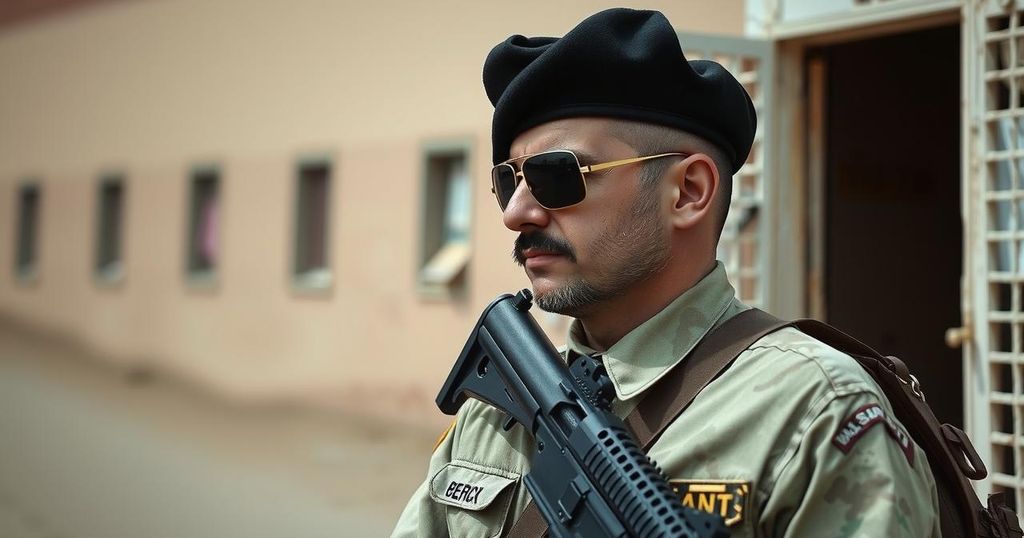The Iranian military advisor Kiomars Pourhashemi was killed in Aleppo, Syria, purportedly by an infiltrator for the U.S. Iranian officials, including Brigadier General Mohammad Jafar Asadi, dismissed claims of Syrian responsibility as propaganda, asserting that the assassination exemplifies foreign intervention in the ongoing conflict and the diminishing power of local defensive forces.
In a statement reported on Monday, Deputy Commander of Iran’s Khatam al-Anbiya Central Headquarters, Mohammad Jafar Asadi, disclosed that Iranian military advisor Kiomars Pourhashemi was killed in Syria by an individual acting on behalf of the United States. He condemned suggestions linking the assassination to a Syrian general, asserting these claims are part of an “Israeli propaganda” effort to sow discord between Iran and Syria. Brigadier General Pourhashemi was a key figure within the Iranian Revolutionary Guard Corps (IRGC), martyred on November 28 in Aleppo during a meeting. Following these developments, Asadi also remarked on the struggles faced by the Syrian army amid international opposition and alluded to the broader ramifications of the conflict.
The incident involving the assassination of Brigadier General Kiomars Pourhashemi underscores the complicated dynamics of the Syrian conflict, which remains deeply affected by foreign involvement and propaganda narratives. The Iranian military’s presence in Syria as part of its advisory role to local forces indicates the strategic importance of the region for Tehran. Furthermore, the contrasting accounts regarding the motive and perpetrator of the assassination reflect ongoing tensions not only among local actors but also between broader geopolitical players, particularly the United States, Israel, and Russia.
The assassination of Iranian advisor Kiomars Pourhashemi by an alleged American agent highlights the persistent volatility of the Syrian conflict and the intricate web of alliances and hostilities that characterize the region’s geopolitics. Statements from Iranian officials, particularly Brigadier General Asadi, reflect a narrative that seeks to unify Iranian and Syrian forces against perceived external threats while emphasizing the significant internal challenges faced by Syria amidst ongoing strife.
Original Source: www.tehrantimes.com






